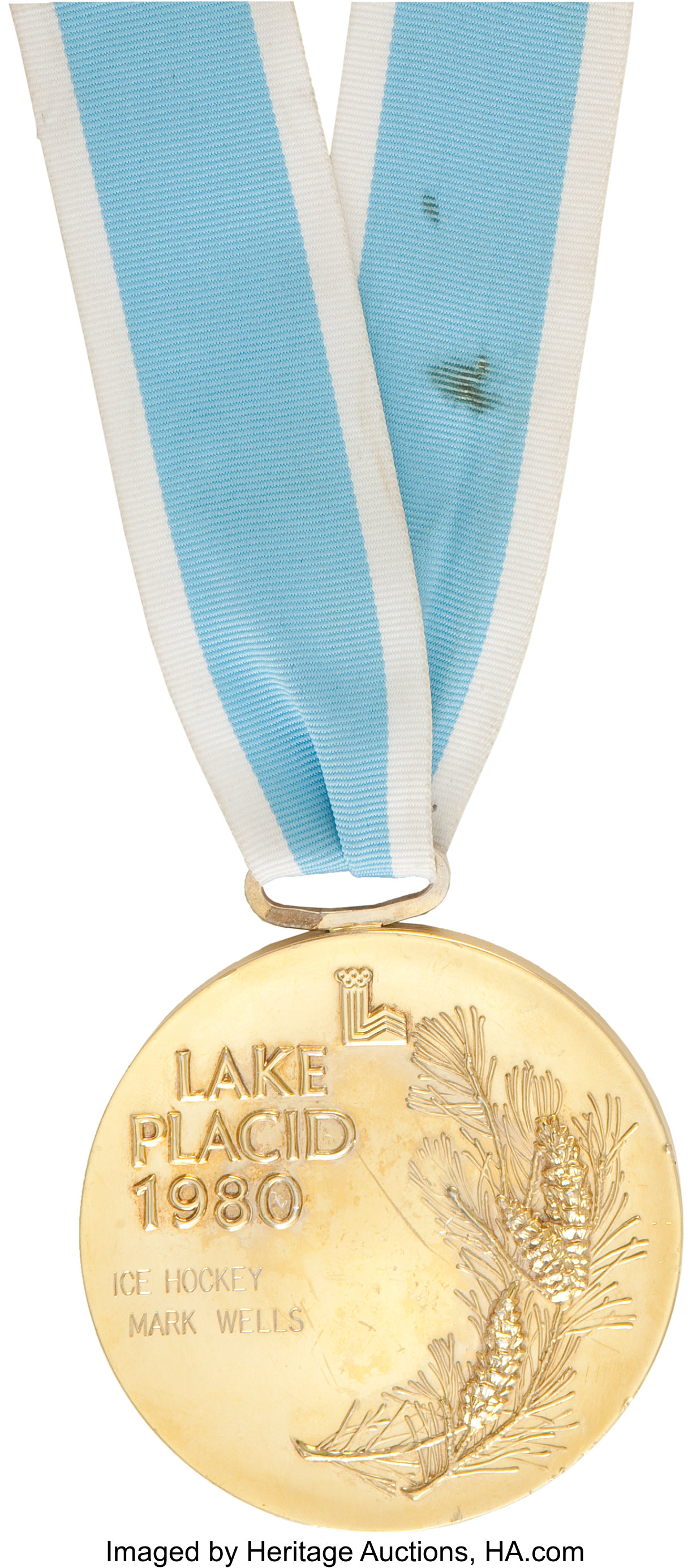
By Jim O’Neal
A recent New York Times crossword puzzle (the dreaded Saturday version) had a surprisingly easy clue for 18 down: Sports Illustrated named it #1 in their “100 Greatest Moments in Sports History.” A quick count confirmed my immediate candidate … the “Miracle on Ice” … and I got off to a fast start that fizzled out before I peeked at the answers on Rex Parker.
At the 1980 Olympic Games, an underdog U.S. hockey team defeated a brilliant Soviet Union team that was heavily favored. In 1980, professional athletes were barred from participating in the Olympics, however, communist teams maneuvered around the rules by claiming their professional players were in the military. The 1980 Soviet team – which competed in a world-class league – was generally recognized as the best in the world at any level.
Since the 1980 Olympic Games were held at Lake Placid, N.Y., the Soviet team played nine games against the top NHL hockey teams and won five out of nine games. Then they proceeded to defeat a team of NHL all-stars by an embarrassing 6-0. These guys were unquestionably the finest players in the world and eagerly looking forward to more gold medals at the Olympics, where they were the four-time defending gold medalists.
U.S. coach Herb Brooks had a long history, starting with winning the Minnesota state championship with Johnson High School in 1955 and from 1960 to 1970, he had been on eight U.S. national teams, playing the 1964 and 1968 Olympics. He was also on the 1960 Olympic team, but was the last man cut from the squad. He did know hockey and was keenly aware of the challenges the 1980 team would face. His only strategy was perhaps endurance, and the team played a staggering 61 exhibition games to get in shape.
In their final tune-up for the Olympics, they played the vaunted Soviets at a high-profile venue: Madison Square Garden. The game was played about one week from the Olympic ceremonies and the U.S. team was trounced by the arrogant Soviets, 10-3. Every hockey expert fully expected the U.S. team to be one of the early teams eliminated. But the team had developed into a cohesive unit with a surprisingly strong defense and a flair for last-minute heroics. Still, none of these was to be confused with having a chance since they were still the youngest team and up against professionals with depth and experience.
Meanwhile, the Soviets were trouncing their opposition, winning all five games with a combined score of 51 to 11, and now scheduled to meet the U.S. in the first game of the medal round. The game started as expected with the Soviets drawing first blood. The Americans bounced back and scored a tying goal with one second to go in the first period.
Then the Soviet coach made a change that is still controversial … he petulantly pulled his goalie, Vladislav Tretiak, who was universally rated the world’s best goalie and would later be inducted into the Hockey Hall of Fame. Then the U.S. pulled ahead and with seven seconds left, and TV announcer Al Michaels posed his now famous question: “Do you believe in miracles?” He then answered his own question: “Yes!” Three days later, the U.S. team came back from a 2-1 deficit to beat Finland 4-2 and win the gold medal, while the Soviets defeated Sweden to win the silver (but they didn’t turn them in to be engraved as was the tradition).
Michaels was named Sportscaster of the Year and the historic game was on a tape delay in the United States due to time-zone TV broadcast considerations. Jim McKay made this announcement before the airing … promising it would not spoil the results. He was right, since the U.S. amateur hockey team had arguably completed the biggest upset in the history of competitive team sports.
 Intelligent Collector blogger JIM O’NEAL is an avid collector and history buff. He is president and CEO of Frito-Lay International [retired] and earlier served as chair and CEO of PepsiCo Restaurants International [KFC Pizza Hut and Taco Bell].
Intelligent Collector blogger JIM O’NEAL is an avid collector and history buff. He is president and CEO of Frito-Lay International [retired] and earlier served as chair and CEO of PepsiCo Restaurants International [KFC Pizza Hut and Taco Bell].
